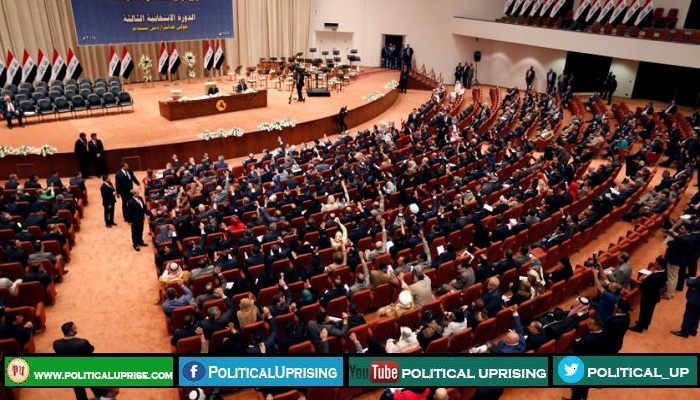In a historic two-day visit, Iranian President Masoud Pezeshkian and Pakistani Prime Minister Shehbaz Sharif have signed a series of landmark agreements to elevate bilateral cooperation, targeting $10 billion in trade, enhanced security measures, and joint infrastructure projects aimed at boosting regional connectivity.
The most significant development during President Pezeshkian’s visit was the pledge to increase bilateral trade from the current $3 billion to a targeted $10 billion. Both countries emphasized the importance of energy cooperation and trade as central pillars for a prosperous future.
Prime Minister Sharif expressed strong confidence in achieving the $10 billion trade goal, while reiterating Pakistan’s unwavering support for Iran’s peaceful nuclear program under the United Nations framework.
He also condemned Israel’s aggression against Iran during the recent conflict, reaffirming Pakistan’s solidarity with the Iranian people.
China’s Iranian Oil Imports Surge in June Amid Rising Teapot Refinery Demand
“We are committed to not only improving trade relations but also eliminating the menace of terrorism that threatens peace and prosperity in the region,” said Sharif, highlighting the shared security concerns of both nations.

The two sides also agreed to bolster border management and counter-terrorism efforts, with both countries facing increasing security challenges from regional foes. Pezeshkian underscored the need for better cooperation on the mutual border to prevent cross-border terrorism and enhance security.
“We have a common stand against terrorism, and we will take all necessary steps to protect our borders and ensure peace in the region,” Sharif added.
In a significant step toward improving connectivity, both sides’ ministers discussed several infrastructure projects, including the much-anticipated Gwadar-Chabahar trade route, which is part of the larger Silk Road initiative. These projects are expected to greatly enhance economic ties between Pakistan, Iran, and beyond, opening new avenues for trade with Europe.
Hanif Abbasi, Pakistan’s Minister for Railways, announced plans to upgrade the Quetta-Zahidan rail track, further strengthening connectivity between the two countries. Additionally, both nations have agreed to resume work on the Islamabad-Tehran-Istanbul railway project, which could serve as a vital transportation corridor between Asia and Europe.
In line with growing bilateral relations, Pakistani Minister Abdul Aleem Khan invited Iran to participate in the upcoming Ministerial Conference in Pakistan, scheduled for October 23-24, which will host delegations from 20 countries. The conference aims to address key regional issues, including trade, security, and climate change.
Fragile Ceasefire Holds Between Iran and Israel Amid Trump’s Criticism of Both Sides
The two countries also agreed to set up working groups across multiple sectors such as IT, law, tourism, and climate change, signaling a broad-based commitment to deepening bilateral ties.
Both nations voiced their unified stance on Israeli aggression in Gaza, condemning the ongoing violence and calling for an immediate ceasefire. The Pakistani leadership expressed pride in Iran’s firm position against Israeli military actions, reflecting the deepening cooperation between the two countries on global issues.
“We stand with the Iranian people in their efforts to defend themselves against unjust aggression,” said Sharif, reaffirming Pakistan’s commitment to regional peace.

Despite historical strains, the visit of President Pezeshkian marks a turning point in Pakistan-Iran relations, with both countries agreeing to further institutionalize their cooperation through a series of memorandums of understanding (MOUs) in the areas of energy, technology, climate change, and tourism.
Araghchi in Moscow Amid UNSC Push for Ceasefire and Iran’s Retaliation Threats
Analysts predict that these steps will not only strengthen bilateral ties but could also lay the foundation for a more integrated regional economy. Ammar Habib Khan, an analyst at the Institute of Business Administration, highlighted that the growing trade route between Pakistan and Iran could eventually serve as a major link to Europe, enhancing the region’s logistics and trade networks.
With a shared vision for peace, prosperity, and security, the Pakistan-Iran partnership appears to be entering a new phase of cooperation that could yield substantial economic and strategic benefits for both nations in the coming years.



